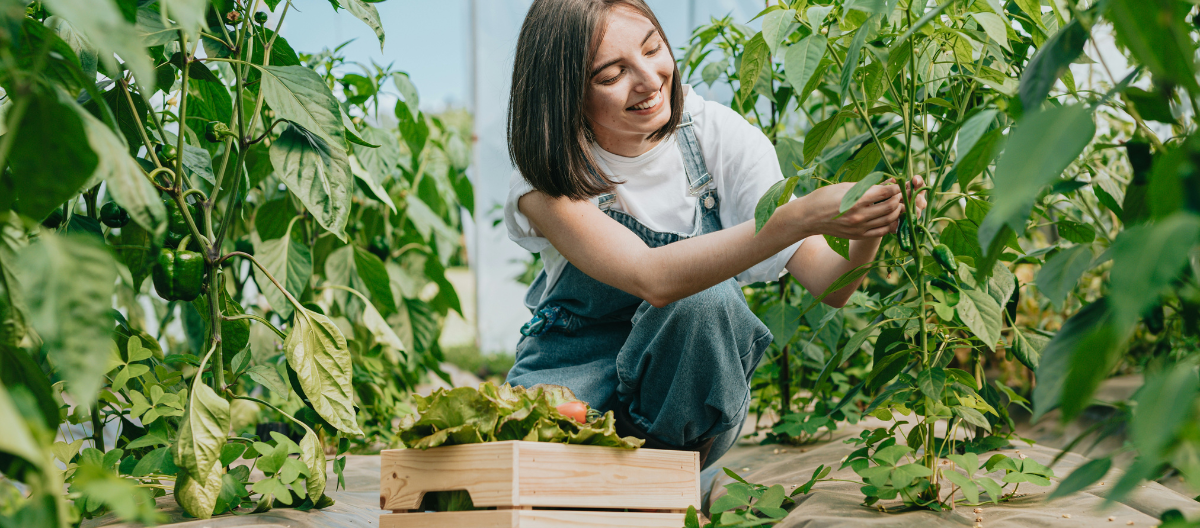Hey Diva dressing fans! When the items we love coincide with brands we work with, Diva dressing will use Paid Links in our articles. If you decide to click on these links and purchase the product, we get a small commission. Our Opinions Are Our Own, but we do add Paid Links as a way to offer these products at no added cost to our readers. Want to know more? Click Here to check out our Terms of Use anytime!
As consumers become increasingly health-conscious and environmentally aware, the demand for organic and non-GMO products has surged. These trends reflect a broader shift in how people view food, agriculture, and sustainability.
Organic food is produced without the use of synthetic pesticides, fertilizers, genetically modified organisms (GMOs), and artificial preservatives. Organic farming practices emphasize sustainability, biodiversity, and soil health. To be labeled as organic, products must meet strict guidelines set by organizations like the USDA in the United States.
Non-GMO refers to products that do not contain genetically modified organisms. While non-GMO products may still use synthetic pesticides and fertilizers, they are not derived from crops that have been genetically altered. The Non-GMO Project offers certification for products that meet its rigorous standards.
Organic food market has experienced exponential growth over the past decade, with sales reaching over $60 billion in the U.S. alone. Non-GMO products are also gaining traction, driven by consumer awareness and a desire for transparency in food sourcing.
Many consumers perceive organic and non-GMO foods as healthier options. Research suggests that organic produce may contain higher levels of certain nutrients and fewer pesticide residues. As health awareness rises, consumers are increasingly prioritizing these options in their diets.
Organic farming practices are often viewed as more environmentally friendly. By promoting biodiversity and reducing chemical inputs, organic agriculture aims to create a more sustainable food system. Consumers who are concerned about the ecological impact of their food choices are more likely to seek organic and non-GMO products.
Navigating the myriads of labels can be challenging for consumers. Familiarizing oneself with certifications, such as USDA Organic and Non-GMO Project Verified, can help ensure that products meet established standards. Clear labeling is essential for building consumer trust.
Transparency in the food supply chain is becoming increasingly important. Consumers are seeking brands that provide information about sourcing, production methods, and ingredient origins. This trend has led many companies to adopt more transparent practices, including detailed product labeling and sustainability reports.
Advancements in Organic Farming
Innovative practices in organic farming are emerging, including:
- Regenerative Agriculture: This approach focuses on improving soil health and biodiversity, utilizing cover crops, crop rotation, and reduced tillage.
- Agroecology: Combining ecological principles with traditional farming practices, agroecology promotes sustainable farming methods that enhance resilience and productivity.
Non-GMO Crop Development
As demand for non-GMO products grows, research into developing non-GMO crop varieties is increasing. Scientists are exploring traditional breeding methods to create crops that are resilient to pests and climate change without genetic modification.
Organic and non-GMO products often come at a premium price, which can limit access for some consumers. Initiatives to improve affordability and accessibility, such as community-supported agriculture (CSA) programs, are gaining popularity.
Misinformation surrounding organic and non-GMO foods can lead to confusion. Education campaigns aimed at debunking myths and providing accurate information are essential for helping consumers make informed choices.
The organic and non-GMO markets are expected to continue growing as consumer demand for healthier, more sustainable options rises. Retailers and food manufacturers are likely to expand their offerings to meet this demand.
Technological advancements in agriculture, such as precision farming and data analytics, are expected to enhance the efficiency of organic and non-GMO production. These innovations can help farmers optimize yields while adhering to sustainable practices.
Government policies and regulations will play a crucial role in shaping the future of organic and non-GMO agriculture. Support for sustainable farming practices, subsidies, and incentives for organic farmers can further encourage growth in these sectors.
Here are some products that can help you
Fruit Protection Bags Nylon Fruit Netting Cover Bags 50 Pack $11.47

Fruit and Vegetable Basket for Kitchen $232.64

35-Inch Tall Blosson Kitchen Cart with Shelves and Fruit Basket $194.22

3 Layer Fruit Tray Storage Rack $74.69



